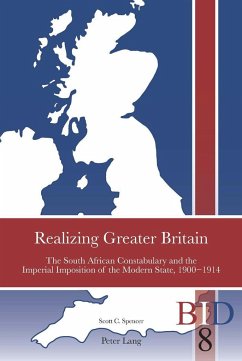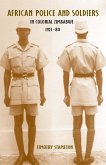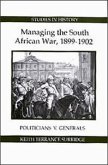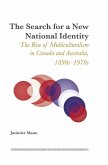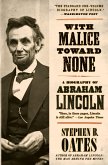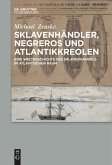In anticipation of victory over the two Boer republics in the South African War (1899-1902), British imperial policymakers formed the South African Constabulary (SAC, 1900-1908) to lead reconstruction efforts. Uniquely, policymakers injected two goals of imperial management into the force and its 10,000 men, recruited from the British Isles and settler colonies: integrate the conquered territories into the British Empire and foster an imperial-national adherence to a Greater Britain. Following the war, offi cers and constables attracted the Boers to the empire by suppressing Africans more thoroughly, consistently and systematically than their prior regimes ever had. While some SAC men remained in South Africa following their service, most carried their enhanced white, imperial-national allegiances to the Isles, empire and beyond.
Combining traditional archival with innovative digital research, this book narrates global integration and imperial governance through individuals, from Boy Scout founder Robert Baden-Powell and imperialist Alfred Milner to Canadian Mountie Sam Steele, Irish doctor Edward Garraway and, foremost, thousands of SAC men. The author argues that opportunistic British agents carried the apparatus of the coercive, legible and bureaucratic modern state across the British Isles, the empire and the world, leaving challenging legacies for successor governments and former subjects to confront.
Combining traditional archival with innovative digital research, this book narrates global integration and imperial governance through individuals, from Boy Scout founder Robert Baden-Powell and imperialist Alfred Milner to Canadian Mountie Sam Steele, Irish doctor Edward Garraway and, foremost, thousands of SAC men. The author argues that opportunistic British agents carried the apparatus of the coercive, legible and bureaucratic modern state across the British Isles, the empire and the world, leaving challenging legacies for successor governments and former subjects to confront.

